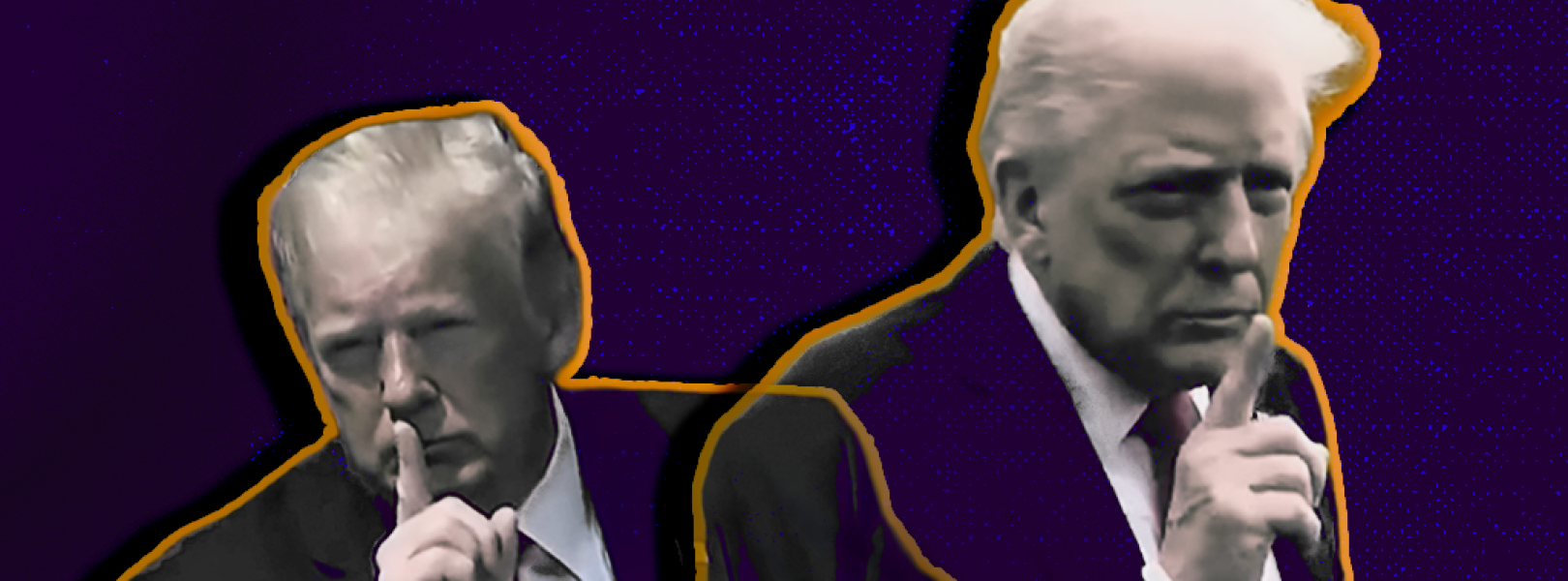Donald Trump is running for president on a stated mission of deploying the powers of government to exact “retribution” against his enemies. He is openly threatening to turn the Justice Department’s investigatory and prosecutorial powers on his political opponents and to purge the federal bureaucracy of officials who are not personally loyal to him.
But over the past eight years, no perceived Trump foe has faced more sustained vitriol from the former president than the U.S. press. His denouncements of journalists who produced critical reporting on his presidency were so overheated that critics warned he was encouraging dictators to repress troublesome news outlets in their own countries. Harsh words alone will not suffice if Trump is returned to the White House in 2024. On Tuesday, he suggested that he plans to use federal power to punish news outlets that provide unfavorable coverage.
In a post to his Truth Social platform, he claimed that MSNBC’s critical coverage of himself and the Republican Party constituted “the world’s biggest political contribution to the Radical Left Democrats who, by the way, are destroying our Country,” and thrust the blame for that coverage on Brian Roberts, the CEO and president of MSNBC parent company Comcast. He concluded: “Our so-called ‘government’ should come down hard on them and make them pay for their illegal political activity. Much more to come, watch!”
Trump’s attempt to reframe reporting about himself that he dislikes as “illegal political activity” should be anathema to anyone who cherishes the First Amendment’s protections of free speech. But his threat to use the government to “come down hard” on MSNBC and “make them pay” is in line with his attempts to leverage government authority in order to bend media outlets to his will, and foreshadows a second-term effort targeting not just MSNBC, but the wide array of newspapers, digital outlets, and cable and broadcast networks he’s denounced for years.
Trump’s administration regularly wielded legitimate regulatory tools against corporate owners of news outlets that displeased him. Trump’s public attacks on coverage from the Washington Post, Google, and CNN were each followed by federal action: Amazon, which like the Post is owned by Jeff Bezos, lost out on a massive Defense Department contract and faced a Postal Service effort to raise shipping costs for the company, while his Justice Department filed an antitrust lawsuit against Google and tried to block the purchase of CNN’s then-parent company Time Warner by AT&T.
On Wednesday night, MSNBC’s Chris Hayes discussed Trump’s threat against his network as well as the former president’s past efforts to punish media outlets with Brian Stelter, a media reporter who formerly hosted CNN’s Reliable Sources. They highlighted that the corporate owners of the Post, CNN, and MSNBC had each held firm and refused to buckle to Trump’s pressure. But they also noted that foreign authoritarians have carried out strategies like the one Trump is threatening.
